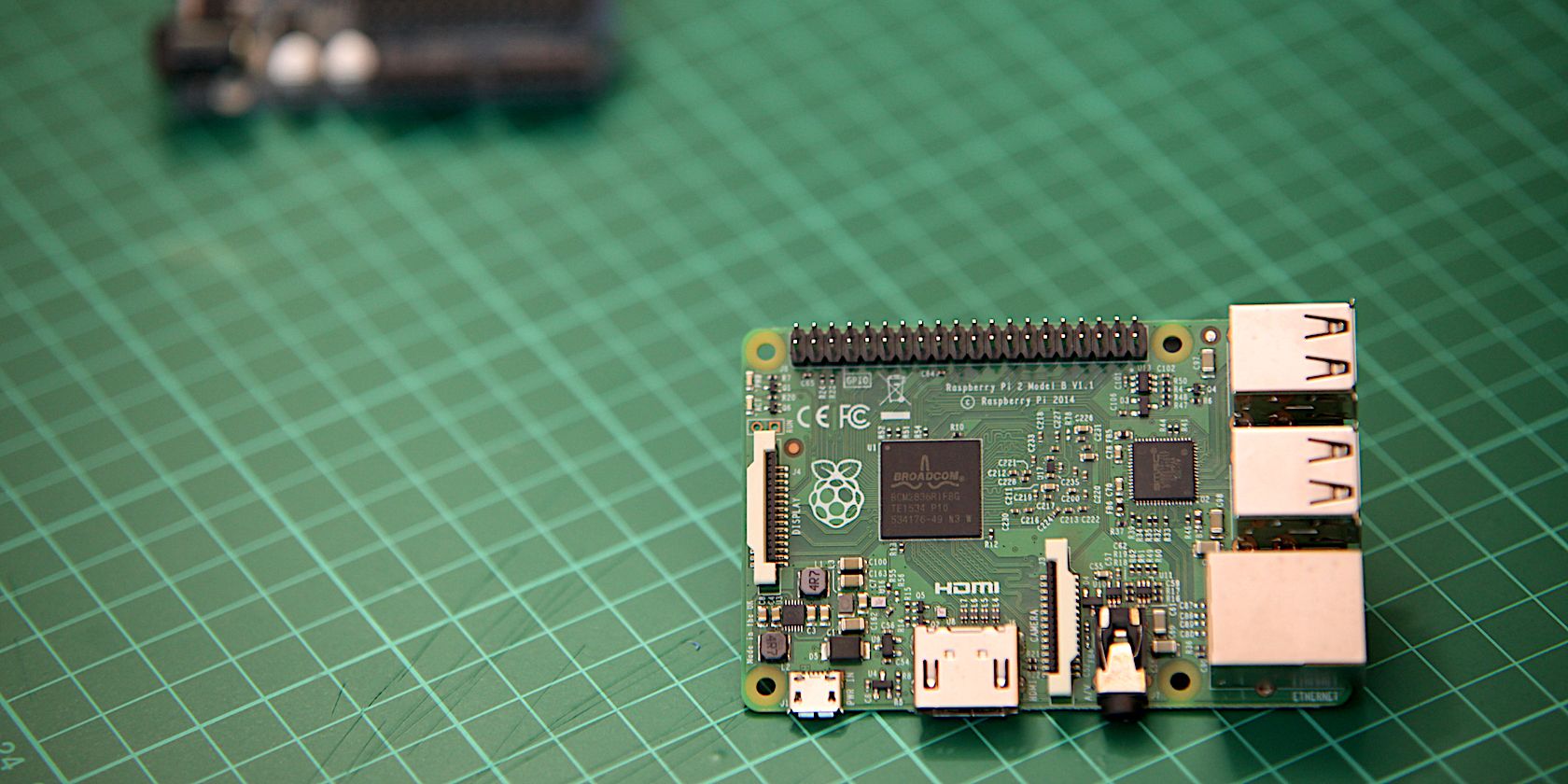
Costing just $40, the Raspberry Pi is cheap, versatile, and relatively powerful in a way its competitors are not. While most projects can be achieved with Raspbian, the Debian Linux fork, this Raspberry PI OS isn’t the only option.
So many other operating systems can run on a Raspberry Pi. Just make sure you’ve got a monitor, mouse, and keyboard to hand before you boot it up, and a fast microSD card to run your operating system of choice.
The Best Raspberry Pi Desktop Operating Systems
It’s estimated that there are over 80 Linux-based distributions for the Raspberry Pi. Most of these are for universal and desktop use.
Note that several operating systems (including Raspbian and Ubuntu MATE) can be installed via the NOOBS installer. Using that tool, you’ll also find media center software and emulation suites, both of which you can find below.
1. Raspbian
Recommended by the Raspberry Pi Foundation, Raspbian is the first stop on the journey of learning with the Pi. Raspbian is packed full of tools and features to make the best universal use of your PCB (printed computer board). It’s also a great introduction to Linux.
Raspbian is part of most Raspberry Pi distros and is compatible with every version of the computer.
2. Ubuntu MATE
If you prefer the more straightforward Linux feel, Ubuntu MATE is available for the Raspberry Pi 2 and later. Featuring support all of the Pi’s hardware including the GPIO and USB booting, Ubuntu MATE has raspi-config pre-installed. Steam Link and Minecraft: Pi Edition are optional extras.
Ubuntu MATE is available for the Raspberry Pi Model B 2, 3, and 3+. See what we thought of Ubuntu MATE on the Raspberry Pi 3.
3. DietPi
Arguably the lightest Raspberry Pi distro available, DietPi runs on a highly optimized version of Debian. DietPi images are as small as 400MB in size, making it three times lighter than the slimline Raspbian Lite.
We took an in-depth look at DietPi to see what’s on offer. DietPi is available for all Raspberry Pi models.
4. Arch Linux ARM
Most Raspberry Pi distros are based on Raspbian, itself a derivative of Debian. Arch Linux is an increasingly popular Linux flavor, aimed at competent users—so it’s not ideal for beginners. Once you’ve got to grips with Raspbian, however, Arch Linux is ideal.
Versions of Arch Linux ARM are available for all Raspberry Pi B boards (original, Pi 2, 3, and 4).
5. FydeOS: Chromium OS for Raspberry Pi
Based on the same code as Google’s Chrome OS, Chromium OS can be installed on netbooks, laptops… and the Raspberry Pi. With Chromium OS installed, you’ll have access to the same cloud-based tools found on Chrome OS.
See our guide on installing Chromium OS on Raspberry Pi with FydeOS.
6. Windows 10 ARM
If you’re looking for a challenge and want to install Windows 10 on your Raspberry Pi 3, you can.
This is thanks to the WOA Deployer, which installs the ARM release of Windows 10 to microSD. This can then be used to boot your Raspberry Pi with Windows 10!
7. Android
Amazingly, it’s also possible to run Android on a Raspberry Pi. That shouldn’t come as much of a surprise—Android seems to run on almost anything, from PCs to set-top boxes. You can even build an Android tablet from scratch for Raspberry Pi.
Various Android builds are available for the Pi, giving you access to the vast collection of Android apps and games. There may be some compatibility issues, but overall stability is good.
Raspberry Pi Media Centers
If you want to use your Raspberry Pi as a media center there is a good selection available. Although these operating systems are invariably built on Raspbian/Debian, they’re also based on Kodi, the popular media center software.
Note that rather than a full disk image, you can install Kodi on any standard Raspberry Pi OS.
8. OpenELEC
Developed to turn your Pi (or other PCB) into a Kodi media center, OpenELEC is a HTPC operating system. This means that its single aim is to utilize computer resources purely towards media browsing and playback.
OpenELEC is available for Raspberry Pi models up to Raspberry Pi 3.
9. OSMC
OSMC is compatible with the Raspberry Pi 1, 2, 3 and Zero, with regular updates available via the dedicated admin screen. It’s also available as an option in NOOBS.
With arguably the better user interface of all Raspberry Pi Kodi options, OSMC is surprisingly lightweight.
10. Xbian
Fast and lightweight, Xbian does something a bit different. Like the base OS, Debian, it incorporates rolling releases. The other Kodi options for Raspberry Pi don’t do this—Xbian delivers improvements and bugfixes quicker than its competitors.
Xbian runs on the Raspberry Pi up to 3B+.
